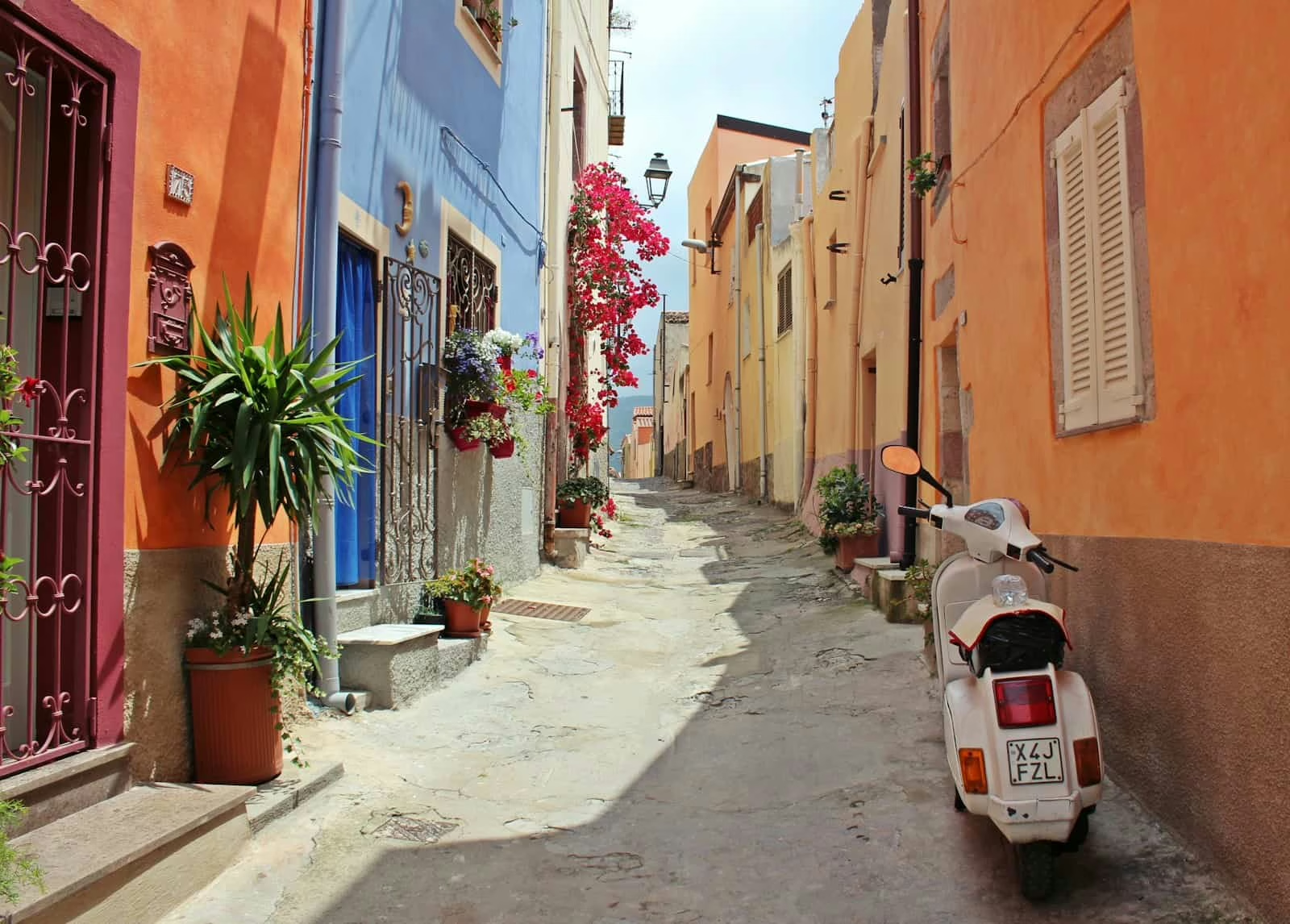Content
Italy – a country rich in history, art, culinary delights and enchanting landscapes. It’s no surprise that thousands of foreigners dream of owning property in Italy. Whether you’re looking for a holiday home, a place to retire or an investment opportunity, the process of buying property in Italy can seem complicated. This guide will walk you through the basic steps of buying and help you understand what you need to know as a foreigner buying property in Italy.
1. Determine your needs and budget
Before embarking on a search, clearly define what you are looking for:
- Property type.
- Budget: in addition to the price of the property, include additional costs, which can amount to between 10% and 15% (and sometimes more) of the purchase price. These include taxes, deed fees, attorney fees and agency commissions.
2. Choice of location
Italy offers a huge variety, so choosing a region is key:
- Tuscany and Umbria: Famous for picturesque hills, vineyards, medieval towns and country villas. Higher prices, but also greater rental potential.
- Puglia (Apulia) and Sicily: offer beautiful coastlines, more affordable prices and an authentic southern atmosphere.
- Liguria (Italian Riviera): Elegant seaside resorts, high prices but outstanding beauty and proximity to France.
- Sardinia: turquoise waters and luxury properties in the Costa Smeralda, but also more affordable options inland.
- Lombardy and Northern Italy: castles, lakes (Como, Garda), business centres like Milan. Different market, often with higher prices but stable.
3. Finding a property
You can search for a property in several ways:
- Real estate agencies: the easiest and safest way, especially if you are a foreigner. Choose an agency with good experience with international buyers and knowledge of the local market. Make sure the agency is registered and licensed. The commission is usually between 3% and 5% plus VAT of the purchase price payable by both parties (buyer and seller).
- Online portals: sites like Immobiliare.it, Idealista.it, Casa.it are an excellent starting point.
- Direct from owners: riskier, especially if you don’t speak Italian and are not familiar with the legal intricacies.
4. Legal and financial preparation
These are critical steps that require attention:
- Codice Fiscale (Fiscal Code): this is your tax number in Italy and is required for every financial transaction, including buying property and opening a bank account. You can obtain it from the Italian embassy/consulate in your country or directly in Italy from the Revenue Agency (Agenzia delle Entrate).
- Opening an Italian bank account: necessary for making payments and receiving funds.
- Lawyer: It is highly advisable to hire an independent and experienced lawyer who specializes in real estate. He or she will review all documents, perform a legal due diligence on the property, ensure that there are no encumbrances (mortgages, liens) and protect your interests.
- Due Diligence: the solicitor will check that the property is legal, that all planning permissions are valid, that the boundaries are correct and that the seller has the right to sell. This is key to avoid future problems.
- Surveyor/Architect (Geometra/Architetto): to ascertain the technical condition of the property and whether it complies with local building regulations. He can also give an estimate for possible repairs.
5. Steps in the purchase
The purchase process usually involves several stages:
- Purchase offer (Proposta d’Acquisto):
- The first written offer that is submitted to the seller. Includes the proposed price, terms and conditions. Often accompanied by a small deposit (cauzione) which is retained by the agency or solicitor and returned if the offer is not accepted. If the seller accepts, the deposit becomes binding.
- Preliminary contract (Contratto Preliminare / Compromesso):
- Once the offer is accepted, a preliminary contract is signed. This is a binding agreement between the buyer and the seller detailing the terms of the transaction.
- At this stage a larger deposit (caparra confirmatoria) is paid, usually between 10% and 20% of the purchase price. This deposit is a strong guarantee – if the buyer backs out, he loses the deposit; if the seller backs out, he must return double the deposit.
- The preliminary contract is registered with the Revenue Agency (Agenzia delle Entrate).
- Public deed of transfer (Atto di Compravendita / Rogito Notarile):
- This is the final deed that is signed in front of a notary. The notary plays a central role in Italy – he is not just a witness, but an official who guarantees the legality of the transaction and its registration.
- Upon signing of the deed, all remaining payment is made (by bank check) and all fees and taxes are paid.
- The notary registers the deed with the Revenue Agency and the Property Registry (Catasto), making the transaction official and public.
6. Purchase-related costs
Be prepared for the following costs:
- Taxes:
- Registro (registration tax): is applied on the cadastral value of the property.
- Ipotecaria (mortgage tax): fixed amount.
- Catastale (cadastral tax): fixed amount.
- The amount of these taxes varies greatly depending on whether you are buying from a private individual or a company, whether you are buying a primary residence (“prima casa”) or a second residence (“seconda casa”), and the cadastral value of the property.
- Notary fees: vary depending on the price of the property, but can be from €2,000 to €10,000 or more.
- Attorney’s fees: usually between 1% and 2% of the purchase price.
- Agency commissions: 3-5% plus VAT per country.
- VAT (IVA): on the purchase of a new property from a builder.
7. After purchase
- Registration of utilities: electricity, water, gas.
- Annual taxes: Italian properties are subject to annual taxes (IMU, TARI, TASI – municipal taxes).
- Insurance: it is advisable to insure your property.
Important tips for foreigners:
- Language barrier: If you don’t speak Italian, make sure you have a reliable translator at every step of the process. The notary is required to provide a translation if one of the parties does not understand the language.
- Patience: Italian bureaucracy can be slow. Be patient and take your time.
- Professional help: don’t try to do everything yourself. A good lawyer and notary are an investment that will save you a lot of headaches.
- Visit the property in person: never buy a property without seeing and inspecting it in person.
Conclusion
Buying a property in Italy is an exciting adventure that can open doors to a different way of life. With the right preparation, understanding of the process and the support of professionals, you will be able to realise your dream of an Italian home.
You might also like:
- Power of Attorney for Property in Greece: Procedure, Risks, and Tips (2025)
- What is a TAPU in Turkey? The Complete Guide to Title Deed Checks & Avoiding Scams
- Key factors influencing property yields: what moves the arrows
This post is also available in: Български







